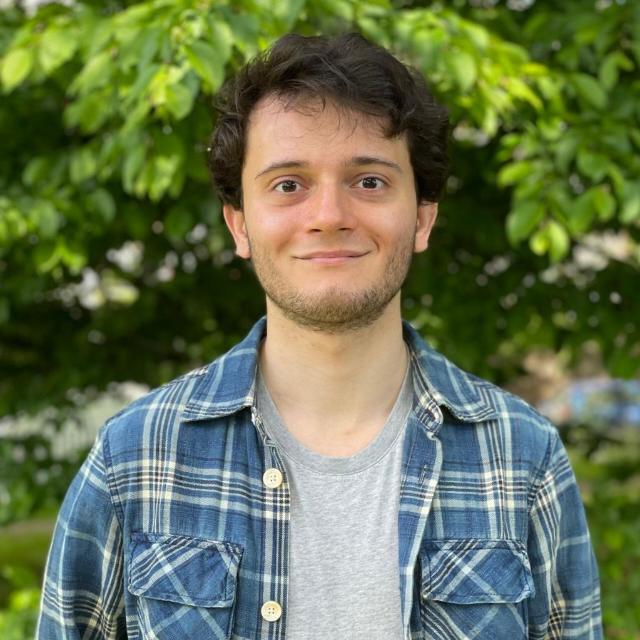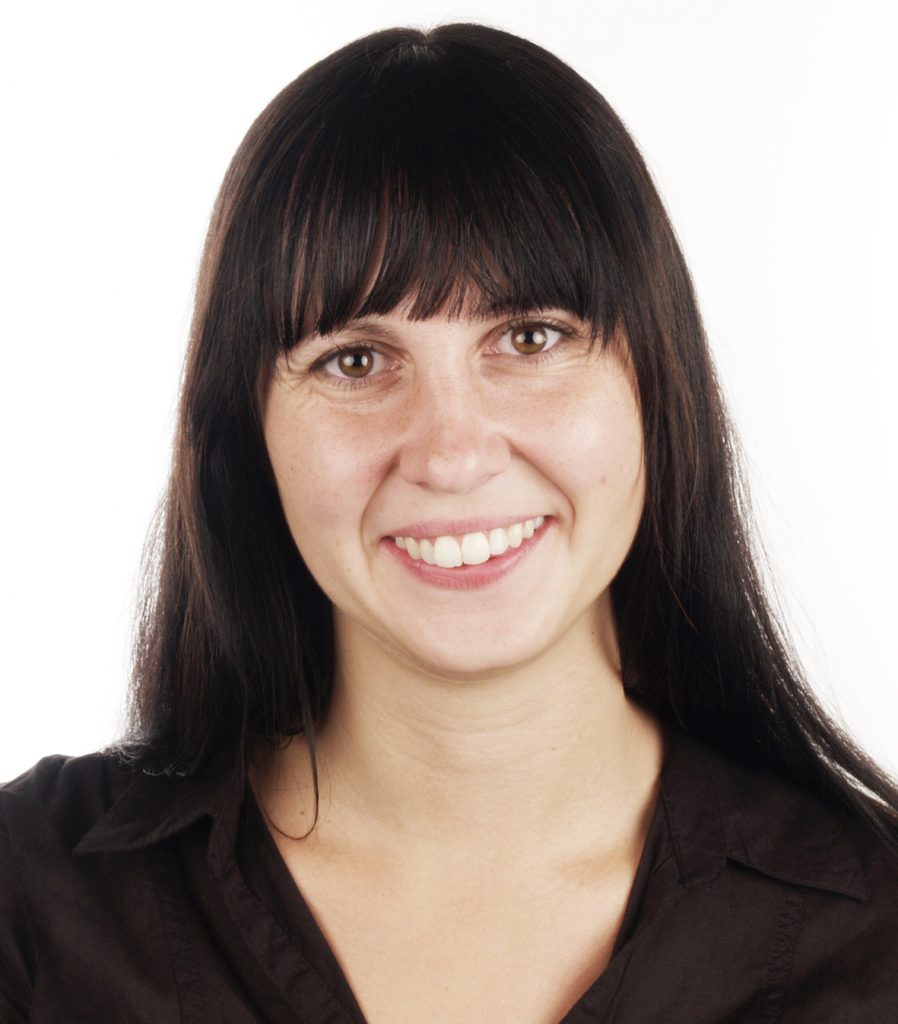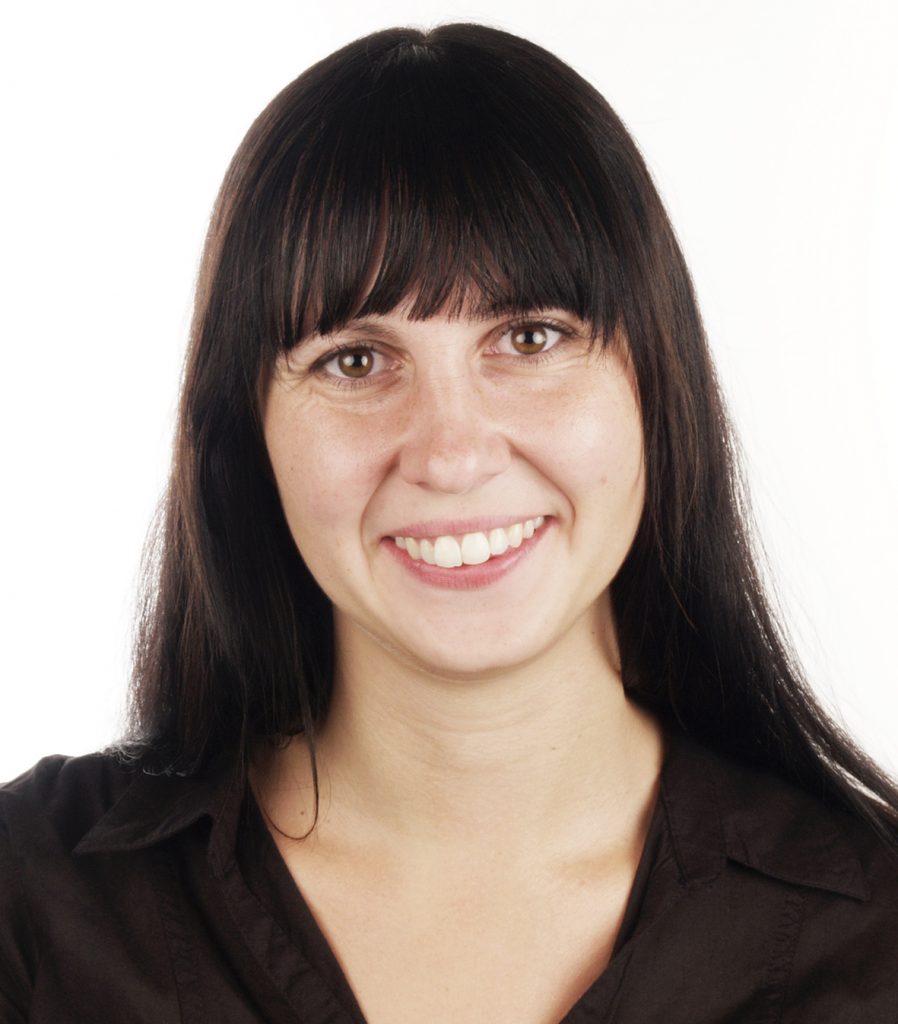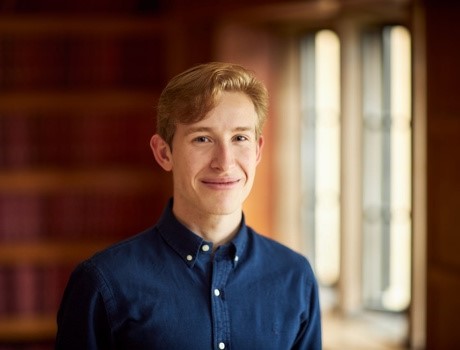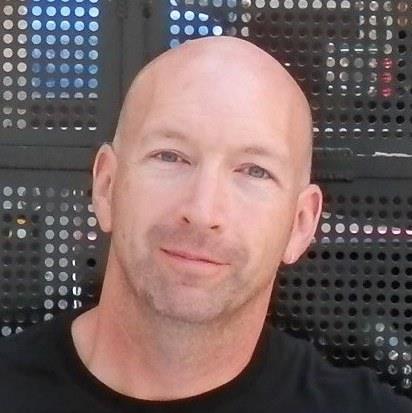We are pleased to release the schedule for our Fall 2025 seminar series. As in previous series, the seminar will be held via Zoom at 16.00 Central European Time on Thursdays.
To access the Zoom meetings, please join our mailing list here.
18 September: Robert Braid (University of Montpellier), Survivors: The psychological impact of the Black Death on economic performance.
25 September: Max Marczinek (University of Oxford), Labour Scarcity and Productivity: Insights from the Last Nordic Plague.
2 October: Katarina Luise Matthes (University of Zürich), Fetal Stress during the 1918–1920 Influenza Pandemic: Short- and Long-Term Health Effects in Switzerland.
9 October: Hampton Gaddy (London School of Economics), Mismeasuring pandemics in causal research: Errors, biases, mismatched estimands, ambiguous channels, and the 1918 influenza pandemic.
30 October: Florian Bonnet (INED), Contextualizing the Global Burden of COVID-19 Pandemic: A Historical and Geographical Exploration of Excess Mortality in France, 1901–2021.
6 November: Christoph Gradmann (University of Oslo), An Invisible Epidemic: Studying Tuberculosis in Interwar Tanganyika.
13 November: Andrea Kifyasi (University of Dar es Salaam), From China to Africa: A History of the 1957 Asian Influenza Pandemic in Colonial Tanganyika.
20 November: Sheilagh Ogilvie (University of Oxford), Controlling Contagion: Epidemics and Institutions from the Black Death to Covid.
4 December: Abigail Dumes (University of Michigan), Long COVID as Disability in Higher Education.
**Postponed until Spring 2026**
11 December: Mallika Snyder (University of California, Berkeley), Who Will Remember COVID-19? Kinship Memory after a Global Pandemic.

